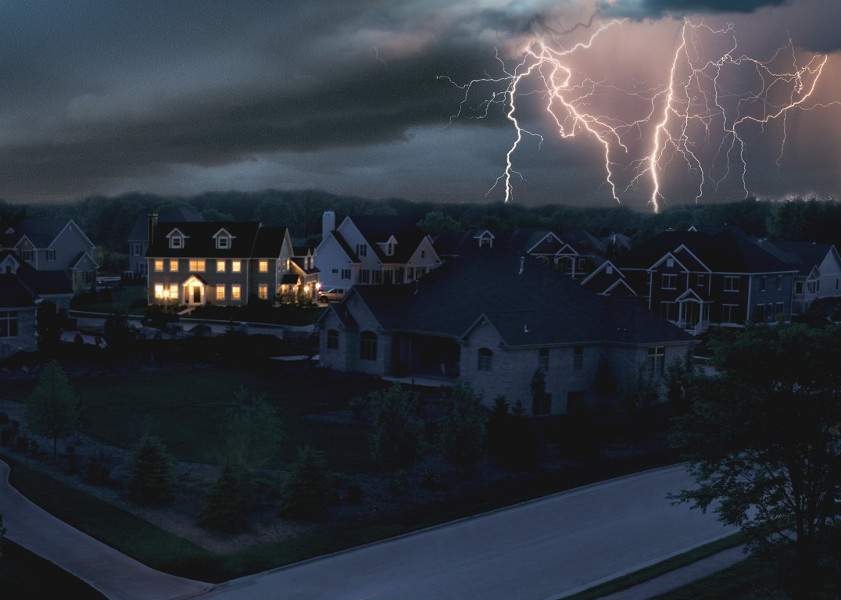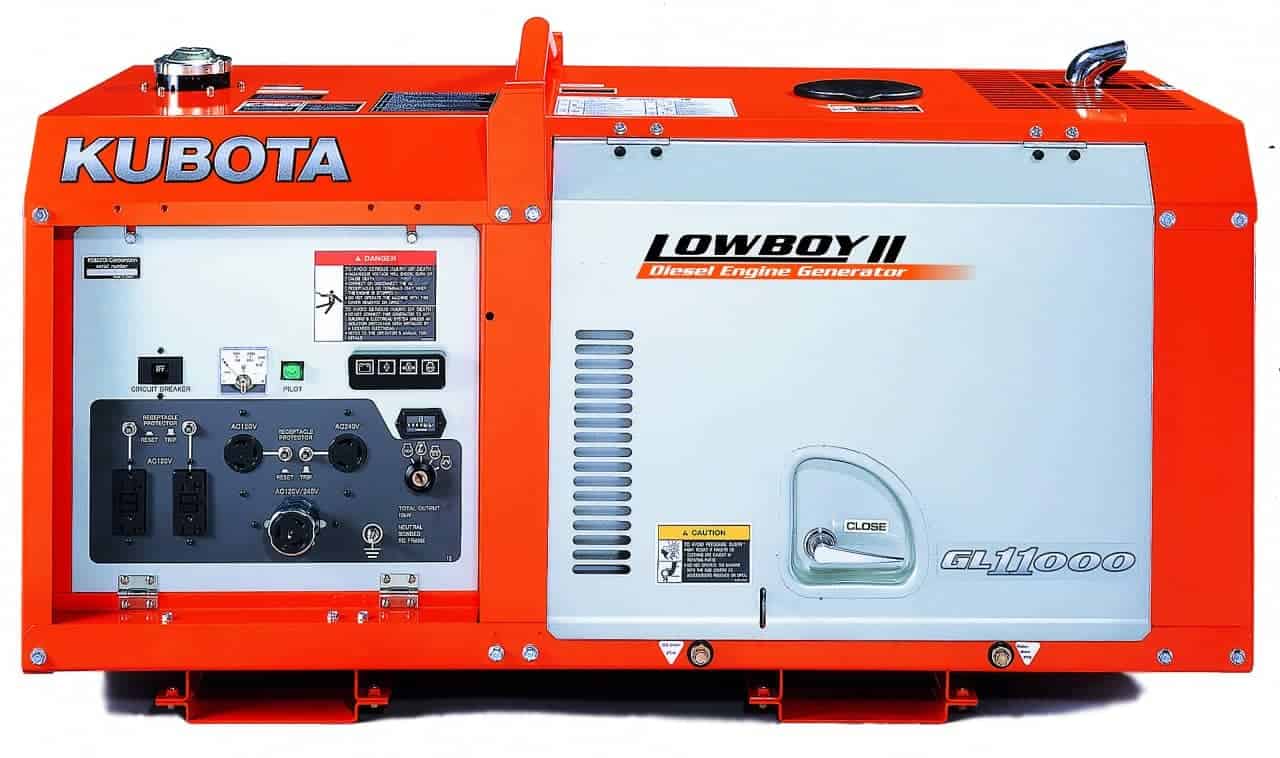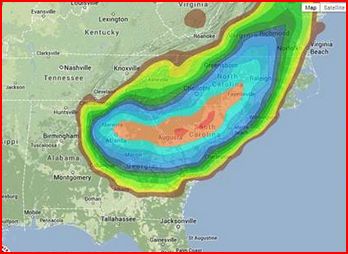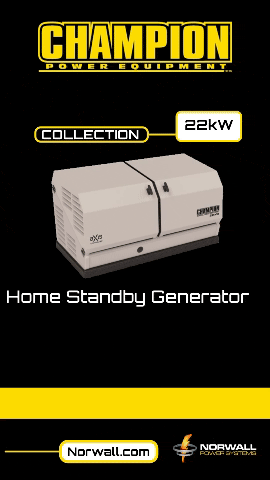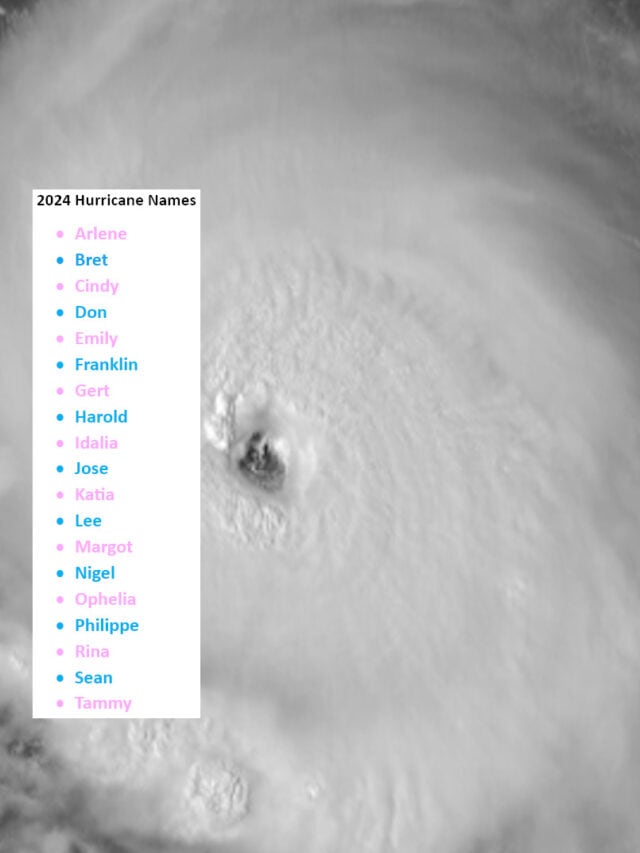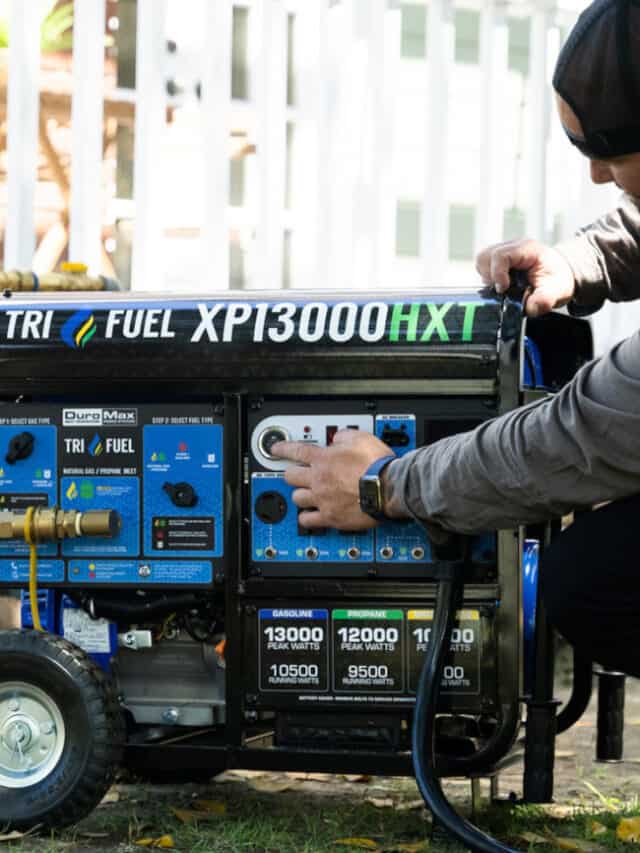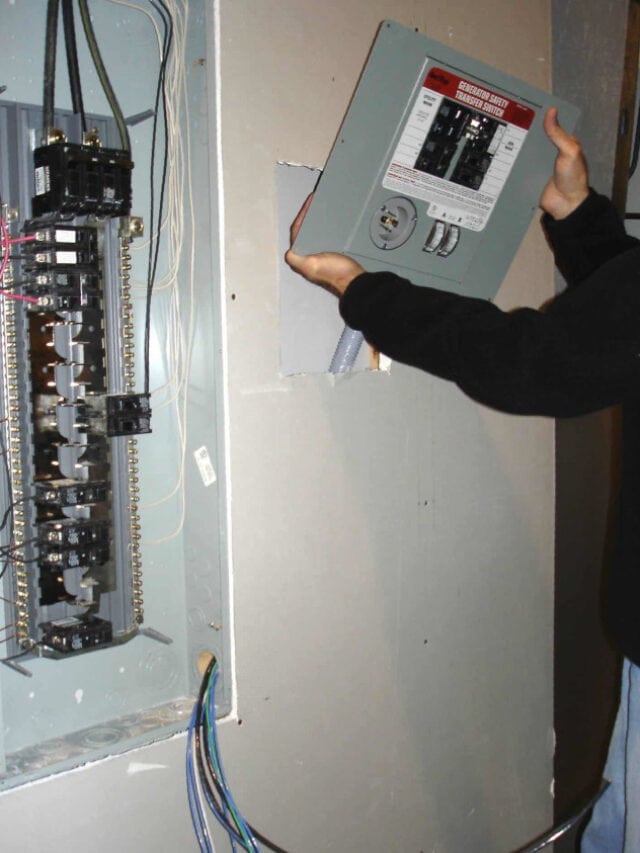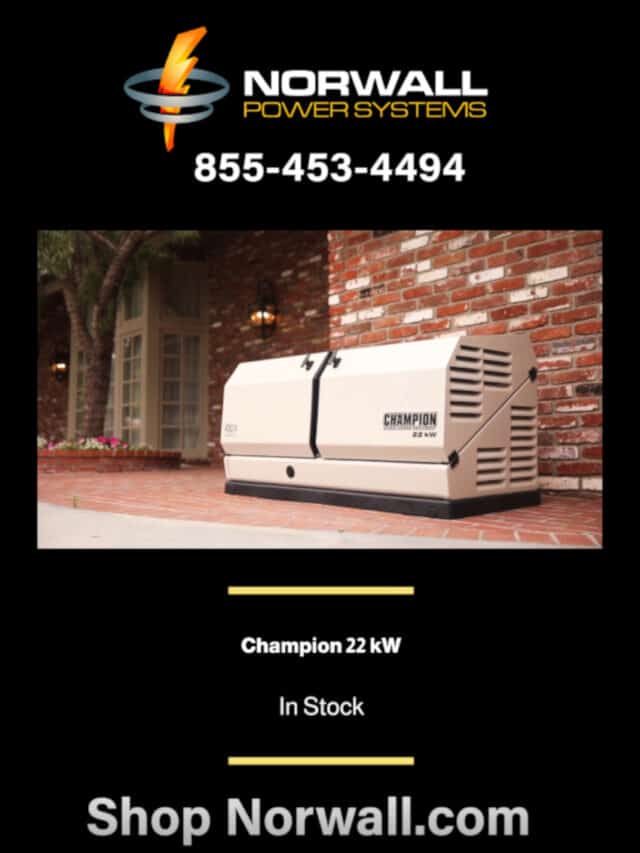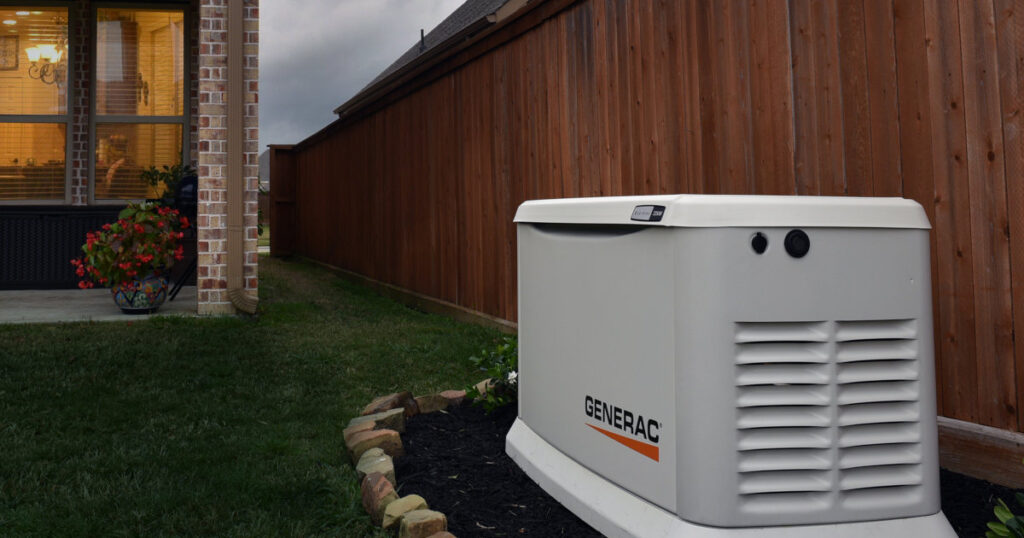A standby generator operates automatically when the power goes out to supply your home with electrical power. Depending on the size generator installed, you may have enough power to keep some essential appliances operating, or supply full power to the entire house. Consider the following scenario.
The Power Outage
A fast moving storm passes through an area with 75 mile per hour winds and torrential rains. Trees fall on power lines throughout your neighborhood and leave you without power. The local electric utility estimates that 1 million customers are without electricity and it will take a week or more to repair all the damage. In the meantime, basements are flooding and 100 degree sweltering heat has many residents seeking shelter in hotels, with relatives, or just sweating it out in their homes.
Such was the case in the early summer of 2011 in and around Chicago, Illinois. Food spoiled in refrigerators, freezers thawed out, and ice sold at premium prices, since most people and even more businesses did not have generators.
While driving through neighborhoods in the aftermath of the storms, it became evident that some utility customers were better prepared than others. Here and there, a few homes were lit with lights in the evening – home generators supplied the power and could be heard running from the street.
A similar event in early July of 2012 put out the lights for an estimated 2 to 3 million east-coast utility customers, including 400,000 in and around Washington D.C. Utility crews worked around the clock in both cases, but it was still more than a week before power was restored for all customers.
The Standby Generator
Losing power is more than an inconvenience. Perishable food spoils. Sump pumps don’t operate and flooded basements become ripe environments where mold and mildew flourish. Heat in urban areas can kill, and has in any number of cases throughout the country. Medical equipment also fails in a power emergency and without standby generators, the only choice is to leave or do without the equipment, an option not available for people who rely on their medical equipment for oxygen and other critical needs.
Unlike portable generators, standby generators for a home are capable of supplying a considerable amount of power. This type of generator can keep your air conditioner or furnace working, your sump pump running, and the refrigerator and freezer on. Add in a few lights and a television and you’re ready to ride out a power outage in comfort. Best of all, the unit will automatically start up and switch the electric supply from the electric utility lines to the standby generator, ensuring your home is kept safe even if you are out of town. Generators fuelled by natural gas won’t need refueling and will continue to operate as long as there is a natural gas supply.
Be Prepared with a Generator
Being prepared in a power outage with a generator makes a big difference. Standby generators will keep your home supplied with power to keep critical systems such as heat, refrigeration, pumps and medical equipment operating. Norwall Power Systems carries a complete line of standby home and commercial generators for sale, and finding one to fit your home and your budget could never be easier. Selection guides help you choose a generator that fits the specific needs of your home. By determining what your needs are and choosing a home generator based on those needs, you won’t be over or under powered and will enjoy the security of having electrical power when outages extend into days or even weeks.

